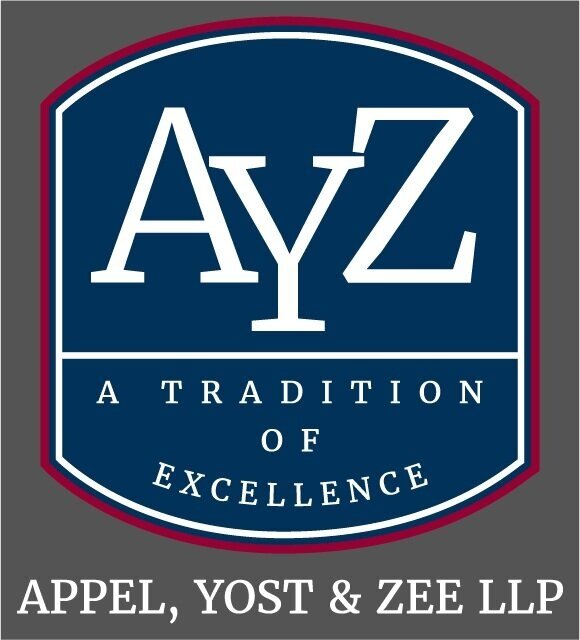Federal Court Narrows Scope of When Parents May Request Independent Educational Evaluation at Public Expense by William J. Zee, Esquire and Raymond A. Durkin, Jr., Esquire - 01/08/2021
Federal Court Narrows Scope of When Parents May Request Independent Educational Evaluation at Public Expense
The Second Circuit Court of Appeals recently addressed the question of whether a Functional Behavioral Assessment (“FBA”) is an “evaluation” covered under the Individuals with Disabilities in Education Act (“IDEA”) triggering the right to an Independent Educational Evaluation (“IEE”) at public expense. The Court in D.S. v. Trumbull Board of Education, held that an FBA does not constitute an evaluation under IDEA because it is not comprehensive in nature. Rather, it is a limited or targeted assessment that does not trigger the right to an IEE at public expense.
IDEA requires schools to perform a comprehensive “initial evaluation” of any child having a suspected disability to determine whether the child is eligible for special education services and to assist with developing an Individualized Education Program (“IEP”) for the child, if eligible. If it is determined that a child is eligible, the school district is required to perform a comprehensive “reevaluation” every three years. If a parent disagrees with such evaluation or reevaluation, the parent has the right to request an IEE paid for by the school district. While a school district may challenge evaluation requests by filing for due process, school districts sometimes opt to agree to IEE requests rather than expend scarce resources defending the results of their evaluation through the hearing process.
In Trumbull, the Court’s holding centered on the interpretation of the terms “initial evaluation” and “reevaluation” within IDEA’s framework, as only these forms of evaluation grant parents a right to request an IEE at public expense. The Court relied on the plain text of IDEA, along with its implementing regulations, and determined that IDEA’s mandatory initial evaluations and reevaluations are purposefully comprehensive in nature and must assess the child in all areas of disability. Consequently, because an FBA is a targeted assessment of one aspect of the child’s disability (i.e. student behavior), it cannot, by definition, constitute the type of comprehensive evaluation contemplated under IDEA.
The Trumbull decision is noteworthy because it counters existing guidance. Prior to Trumbull, the U.S. Department of Education issued two policy letters (published in 2000 and 2007, respectively) opining that parents had a right to request an IEE at public expense in connection with FBAs. Although the interpretation set forth in these policy letters has remained unchanged for many years, the guidance is not binding on the Court and the Court explicitly refused to defer to the guidance because it “ignores the plain text of the statute and regulations.”
As it stands, the Trumbull decision is only binding within the Second Circuit. However, it is likely that other jurisdictions, including the neighboring Third Circuit (Pennsylvania, New Jersey, and Delaware), will follow suit, particularly because numerous advocacy organizations participated as amici curiae.
Finally, while Trumbull examined whether an FBA triggers the right to an IEE at public expense, the ramifications could extend further. An FBA is but one example of a limited, targeted assessment tool. Other assessment tools utilized for limited or targeted purposes could, by implication, be subject to the rationale set forth in Trumbull. The decision, and its progeny, may substantially curtail the availability of IEEs at public expense.
Should you have any questions regarding requests for Independent Educational Evaluations, or any other special education related topics, please feel free to reach out to me or any member of the Appel, Yost & Zee Education Group.
